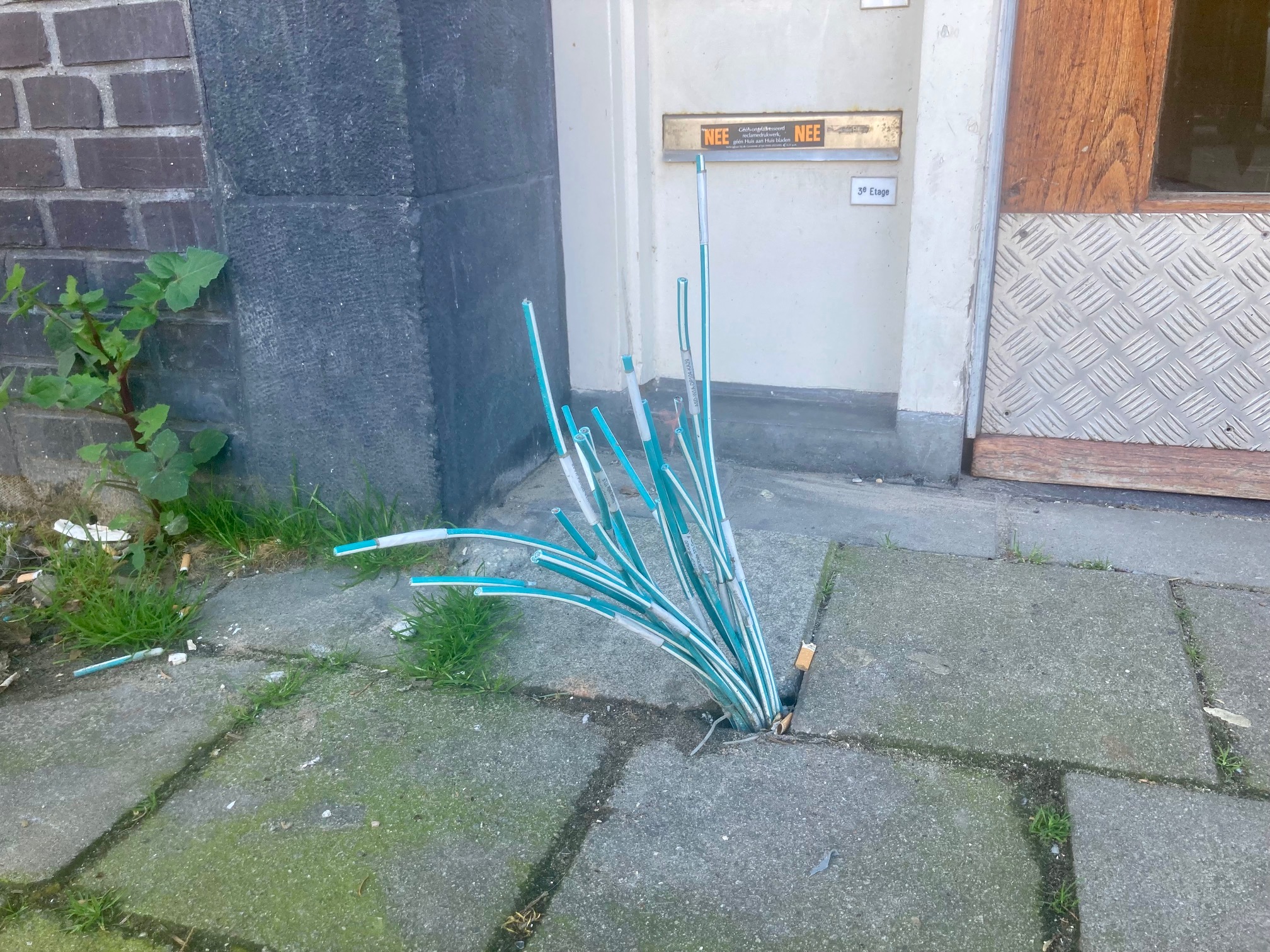Glass fibre network is spreading but big cities lag behind

Telecom company KPN is the leading glass fibre network provider in the Netherlands, with connections in over 218,000 postcodes, latest figures from consumer markets regulator ACM have shown.
Other important players are Delta, with almost a quarter of all glass fibre connections, closely followed by Open Dutch Fibre. Other providers include Glaspoort and Glasdraad, which are also partly owned by KPN.
Despite the dominant position of KPN in some areas, there are still enough providers to choose from, ACM board member Manon Luijten told the Volkskrant. Some areas have several cables belonging to different companies, she said, which is “good for competition”, she said.
Glass fibre is making great strides in the Netherlands, the report said, but not every where at the same pace. Harderwijk has the fastest-growing network, with 90% to 100% of households connected to fibre while the big cities are lagging behind.
The glass fibre network in the Netherlands can currently accommodate 8.26 million users, up 322,000 compared to the last quarter’s figures. Some 3.19 million households have a contract, an increase of 5.28%.
Older and slower technologies, such as DSL, are being discarded in favour of fibre. Some 86.6% of people in the Netherlands have internet speeds of 100 Mbps or faster.
Cabling is causing problems, however. A lack of rules and regulations around cabling by electricity companies is causing havoc underground and threatening trees, a key government environmental advisor recently warned.
“At the moment, any network operator can just rip up a street to see if there’s room for more cables,” Wouter Veldhuis, who advises the government on the physical environment, told the AD. “It’s first come, first served, but we can no longer afford to do that.”
Veldhuis said that unregulated cabling combined with an emergency operation to install almost 50,000 electricity substations to relieve pressure on the national grid will make matters worse.
Amsterdam alone has clocked up 30,000 unplanned cabling works a year. “Phone companies in particular are nipping in and out. It’s cowboy country,” the city’s chief planner, Joyce van den Berg said. “It never used to be a problem but now we need to organise and cooperate.”
Thank you for donating to DutchNews.nl.
We could not provide the Dutch News service, and keep it free of charge, without the generous support of our readers. Your donations allow us to report on issues you tell us matter, and provide you with a summary of the most important Dutch news each day.
Make a donation